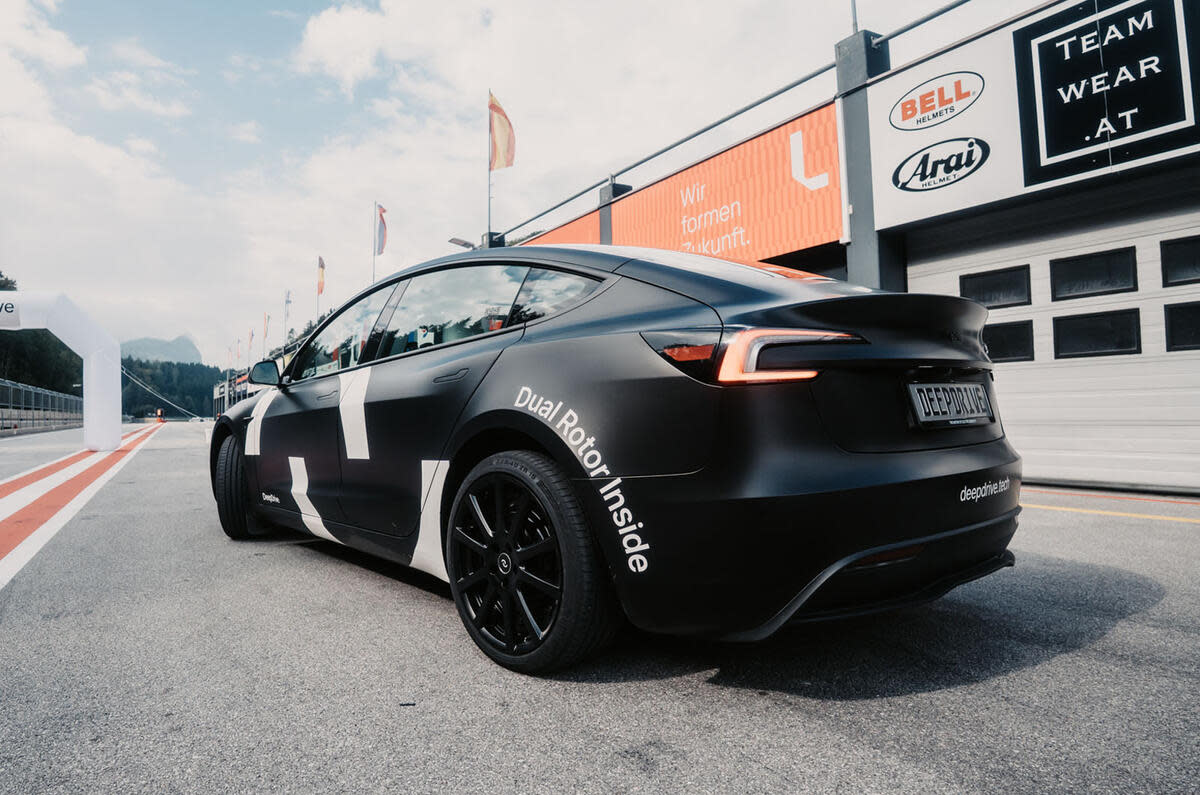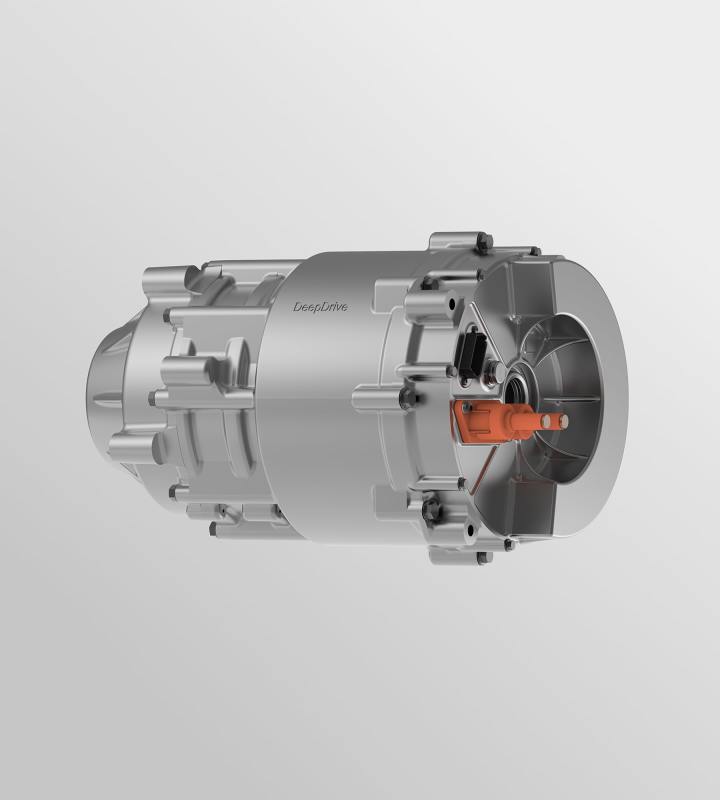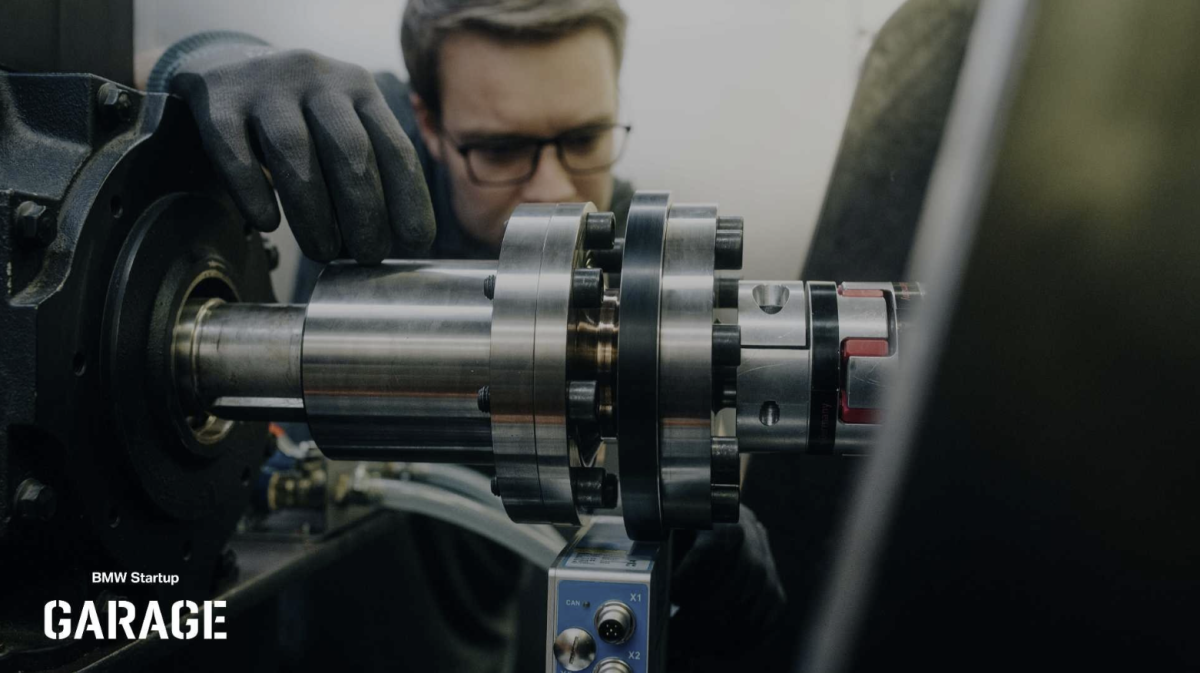A Munich-based start-up called DeepDrive is gaining attention across the auto industry for its next-generation electric motor technology, and it may be on the cusp of a genuine breakthrough. The company’s compact, dual-rotor drive units promise up to 20 percent greater efficiency than today’s standard EV motors, a potential game-changer in an increasingly competitive global market.
DeepDrive’s engineers have already begun testing the design in prototype vehicles from major automakers, including one test program running at Austria’s Salzburgring circuit. The technology’s goal is simple: extract more range and power from the same battery capacity, using less space and fewer materials.

DeepDrive
A Smarter Motor for a Smarter EV
DeepDrive’s most distinctive feature is its dual-rotor topology, which maximizes the magnetic field’s efficiency to create more torque while reducing energy losses. The setup is also more compact, giving carmakers greater flexibility in packaging and weight distribution, advantages that could redefine how future EVs are designed.
If production scaling succeeds, the efficiency gains could ripple throughout the market. Smaller, lighter battery packs could deliver the same range, cutting costs and environmental impact simultaneously. That’s crucial at a time when the world bought 2 million EVs in one month.
The Timing Couldn’t Be Better
Automakers are in a race to keep electric cars affordable after the expiration of federal credits and the ensuing price reshuffle. Many brands are already cutting EV prices by thousands to keep customers interested. A motor that delivers more range for less energy could be the key to maintaining profitability in this new cost-sensitive landscape.
Meanwhile, the technology shift isn’t happening in isolation. Breakthroughs in charging infrastructure are complementing progress on the drivetrain side. Charging is moving toward cable-free, bi-directional systems that will make EV ownership more seamless, especially when paired with more efficient motors.

What’s Next for DeepDrive
DeepDrive’s challenge now lies in scaling its innovation beyond prototypes. Building an efficient, compact motor is one thing; manufacturing it reliably and economically is another. The company’s founders claim the design uses fewer rare-earth materials than conventional motors, which could lower supply risk and improve sustainability, but only if the technology proves viable at mass-production levels.
Industry analysts believe early adoption could happen by 2027 if testing continues to deliver results. For now, major automakers are watching closely, as even incremental improvements in efficiency can make or break the economics of a new EV platform.
Why It Matters
Every stage of the EV race, batteries, charging, and motors, is converging toward the same goal: doing more with less. As global sales accelerate and price competition tightens, DeepDrive’s work could represent the next frontier in EV performance and affordability.
If its claims hold true, the start-up may soon help automakers squeeze more miles, more profit, and more innovation out of every kilowatt.

via Autoblog https://ift.tt/Ww5Pzmy
October 20, 2025 at 02:33PM
